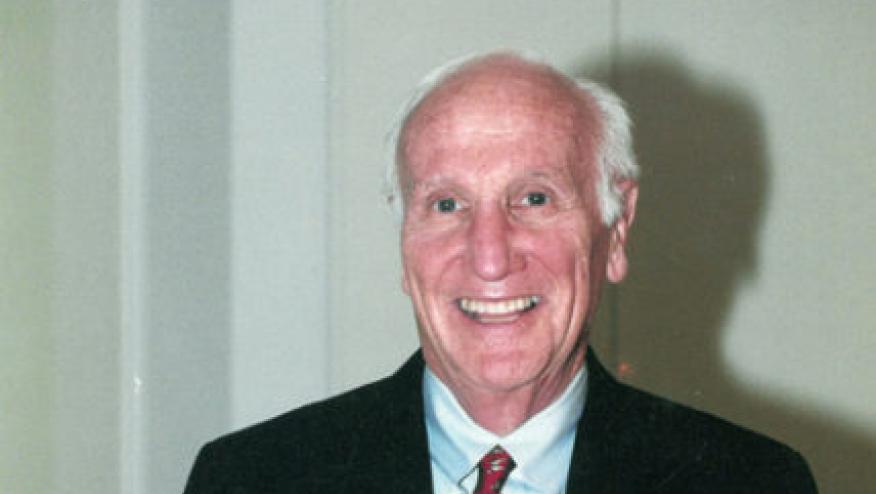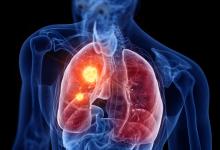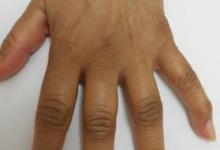Dr. K. Frank Austen (1928-2023) Save

Rheumatology mourns the loss of a historic leader in the field, Dr. K. Frank Austen, who died at his home in Maine on June 23, 2023, at the age of 95.
For six decades Dr. Austen was an influential leader, researcher and mentor to scores of many influential physician-scientists in immunology/allergy and rheumatology. More than 200 of his trainees achieved the rank of professor at universities or institutes. He was particularly known for his discovery of leukotrienes and its role in inflammation.
He was elected to the National Academy of Medicine and the American Academy of Arts and Sciences and served as president of three societies: the American Association of Immunologists, the American Academy of Allergy, and the American Association of Physicians.
Dr. Austen was born and raised in Akron, Ohio. After completing high school at Western Reserve Academy in Hudson, Ohio, he enrolled at Amherst College. While working that intervening summer at a camp on Lake Erie, he contracted poliomyelitis and spent several months in the Akron Children’s Hospital. By attending the University of Akron in spring and summer, he was able to enter Amherst College as a sophomore in the fall. He graduated Phi Beta Kappa and magna cum laude in chemistry and was accepted into Harvard Medical School, class of 1954. He was elected to AOA (the academic honor society), graduated with honors, and was accepted for residency training in internal medicine at the Massachusetts General Hospital (MGH).
During his second year of clinical training, there was a major poliomyelitis epidemic. Patients filled the Haynes Memorial Hospital for Infectious Diseases and Boston City Hospital, and the MGH elected to meet the need for a third Boston hospital. Dr. Austen was among a small group of house officers who took responsibility for patients needing an “iron lung,” which used negative pressure to suck air into the lungs of patients with paralyzed breathing muscles. He recognized that patients with inadequate oxygenation who could not sustain their blood pressure had areas of collapse in the lung, and he shifted these patients to positive pressure devices that blew air into the lung. These observations, published in the New England Journal of Medicine, provided understanding of the problem and changed patient management.
Dr. Austen entered military service as a captain in the U.S. Army in 1956 and later served at the Walter Reed Army Medical Center and the Walter Reed Institute of Research during he began his research in immunology. He went on to do a further fellowship training at the National Institute for Medical Research in England, MGH, and Johns Hopkins Medical School.
Dr. Austen was appointed chief of the pulmonary medicine at the MGH and was a leader in the allergy division, but later ran rheumatology and became physician-in-chief, and chairman of medicine at the Robert B. Brigham (RBBH) Hospital and later joined the RBBH, Boston Hospital for Women, and the Peter B. Brigham Hospital into a single entity, Brigham and Women’s Hospital (BWH).
The RBBH department became the Division of Rheumatology, Immunology, and Allergy at BWH, while remaining a separate department of medicine at HMS. Dr. Austen completed his three-decade role of chairperson of the division and became director of the inflammation and allergic disease section to focus on the field of allergy. In 2001 he became the Astra Zeneca Professor of Respiratory and Inflammatory Diseases at HMS.
In addition to his wife, Dr. Austen is survived by four children and their spouses, Leslie Parsons (Bill), Karla Austen (Pam), Timothy Austen (Marcie), and Jonathan Austen (Katherine); eight grandchildren and spouses, Matthew (Karyn), David (Caroline), Thomas (Kate), Anna, and Elizabeth Parsons, and Daniel, Caleb, and Eliza Austen; and three great-grandchildren, Isabelle and Charlie Parsons (Matt and Karyn) and Louise Mendez-Parsons (Tom and Kate). He is also survived by his beloved labradoodle, Piper.
Join The Discussion
I came to the Robert Brigham Hospital in 1975 from a two-year stint in the U.S. Air Force to work in Peter Schur's laboratory in Dr. Austen's department of medicine. Although I did not work directly with Dr. Austen, I had the pleasure of discussing research questions and clinical engimas with him on a number of occasions during my two year fellowship in rheumatology. Since we both were from Akron, OH, I think we developed a sort of kinship. His depth of scientific and clinical knowledge, his approach to solving research and clinical problems, and his optimistic outlook on life in general appealed to me and spoke to my values and goals in medicine and science. I revered Dr. Austen as a mentor, scientist and physician, and I carry with me a warm recollection of him and my short tenure as a fellow in his department even to this day. The world is immeasurably the better for his presence for 95 years. Gary M. Kammer










If you are a health practitioner, you may Login/Register to comment.
Due to the nature of these comment forums, only health practitioners are allowed to comment at this time.